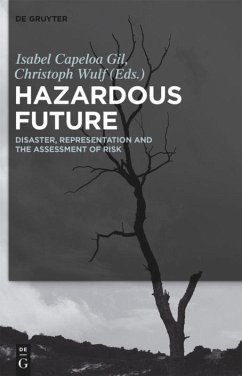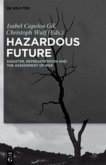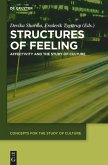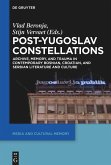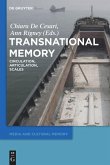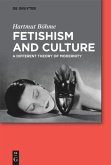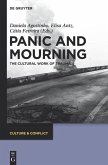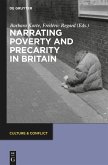Since culture, the media and the arts deal with the perception and the processing of catastrophe, what kind of social knowledge does this process produce and how does it contribute to the sustainable development of societies?
The book seeks to understand how societies and cultures deal with disaster and the rhetorical means they resort to in order to represent it. It is situated on the cusp between the response to natural catastrophe, the renewed awareness of human vulnerability in the face of environmental hazard and irresponsible policies and the social role of traditional knowledge and humanistic ideas for the preservation of human communities. It aims to be diverse, in disciplinary allegiance and cultural situation, and relevant, by bringing together articles by well-known scholars and policy makers to jointly discuss the possibilities of reframing hazard for the future, so that one may learn from restored behavior instead of repeating the mistakes of the past.
The book seeks to understand how societies and cultures deal with disaster and the rhetorical means they resort to in order to represent it. It is situated on the cusp between the response to natural catastrophe, the renewed awareness of human vulnerability in the face of environmental hazard and irresponsible policies and the social role of traditional knowledge and humanistic ideas for the preservation of human communities. It aims to be diverse, in disciplinary allegiance and cultural situation, and relevant, by bringing together articles by well-known scholars and policy makers to jointly discuss the possibilities of reframing hazard for the future, so that one may learn from restored behavior instead of repeating the mistakes of the past.

